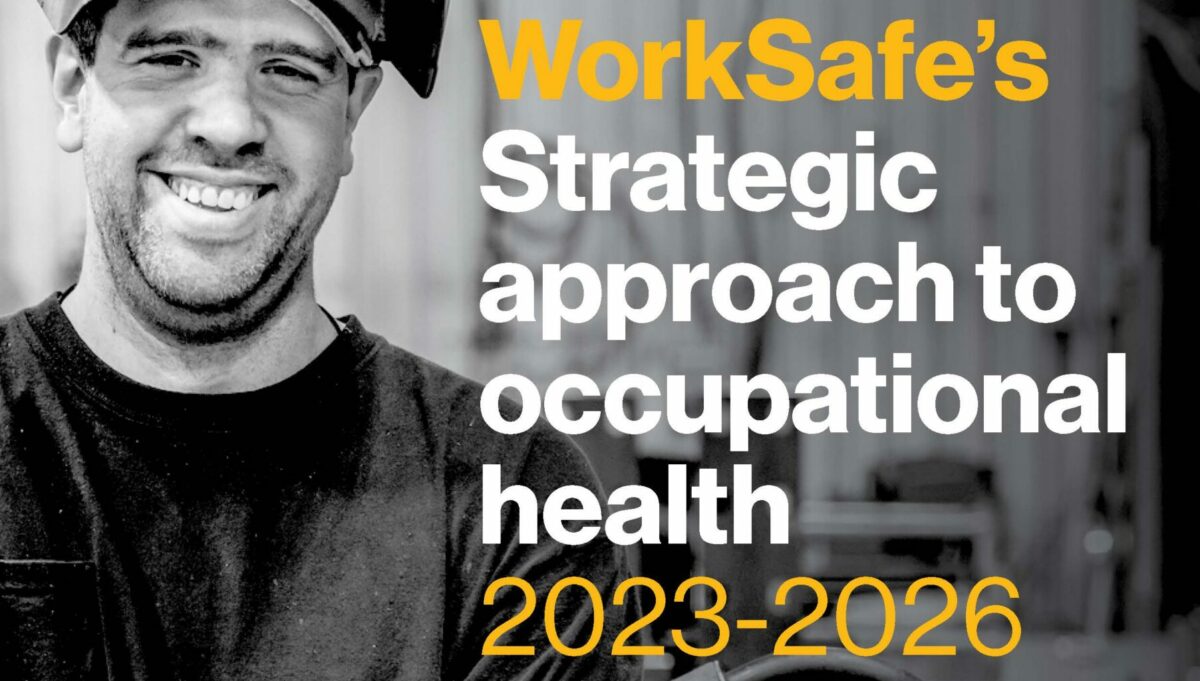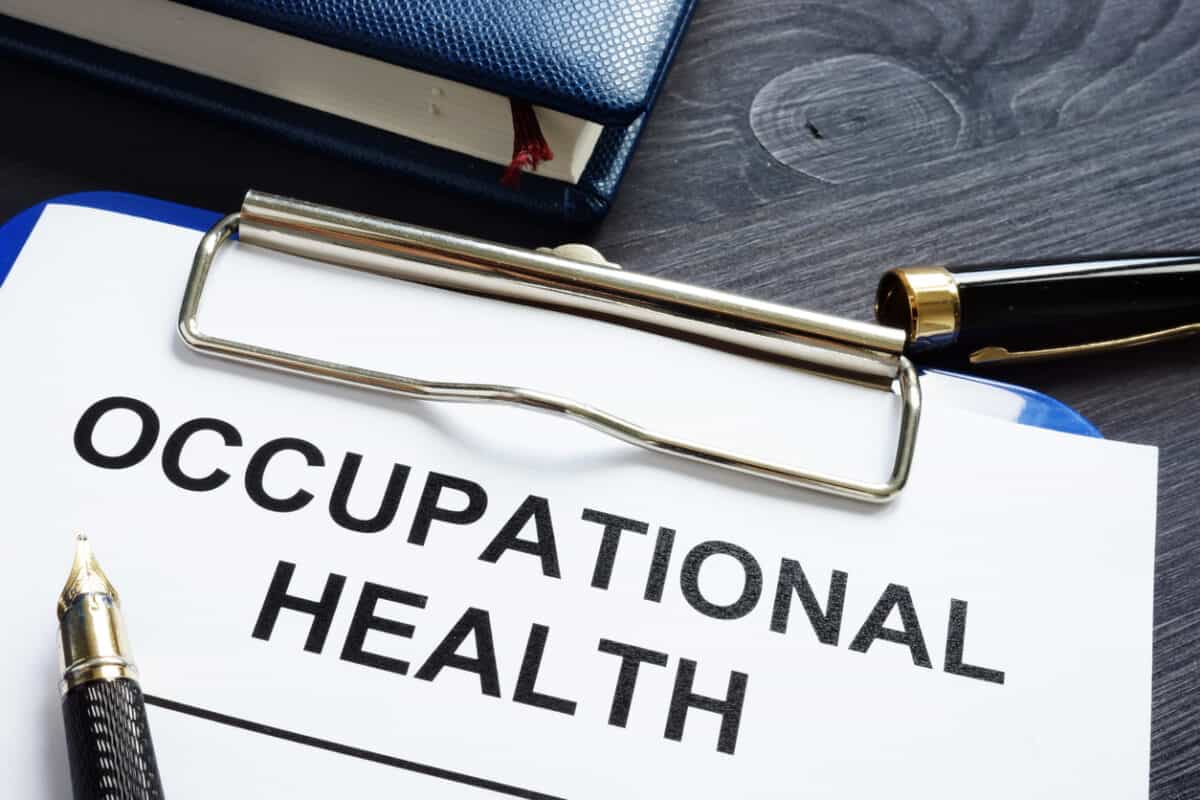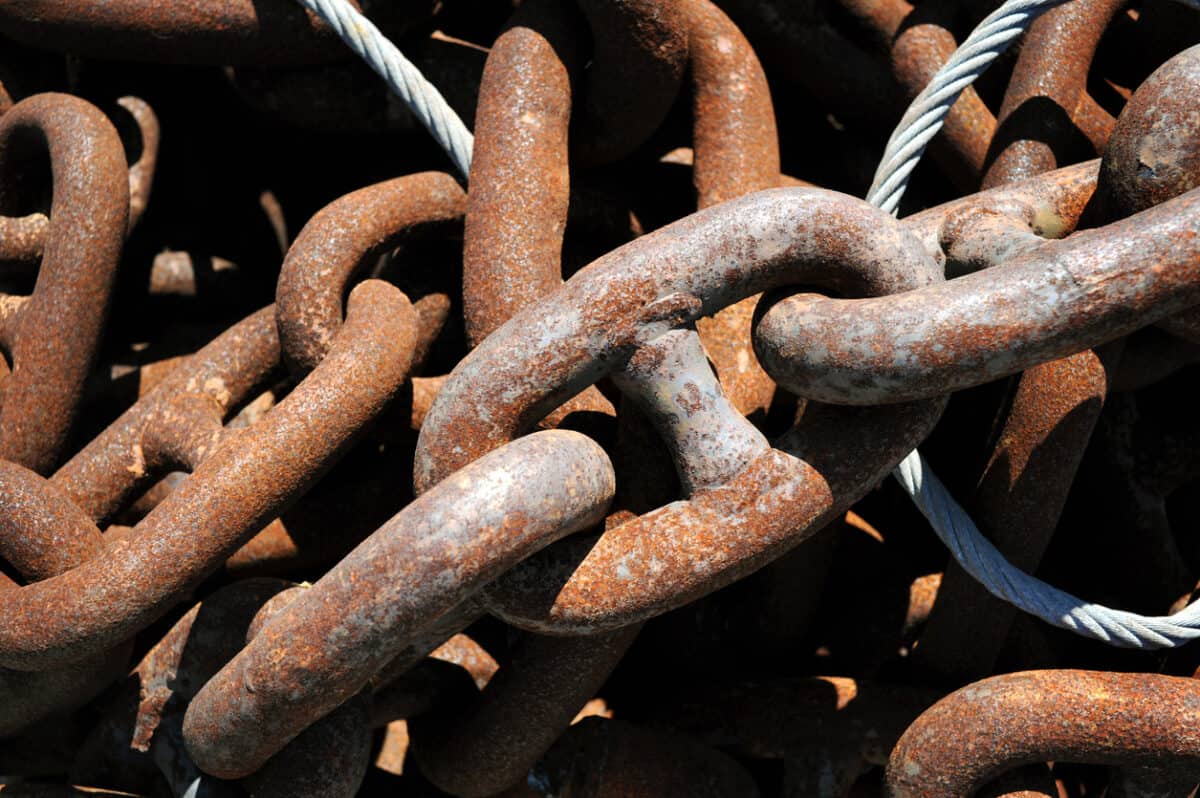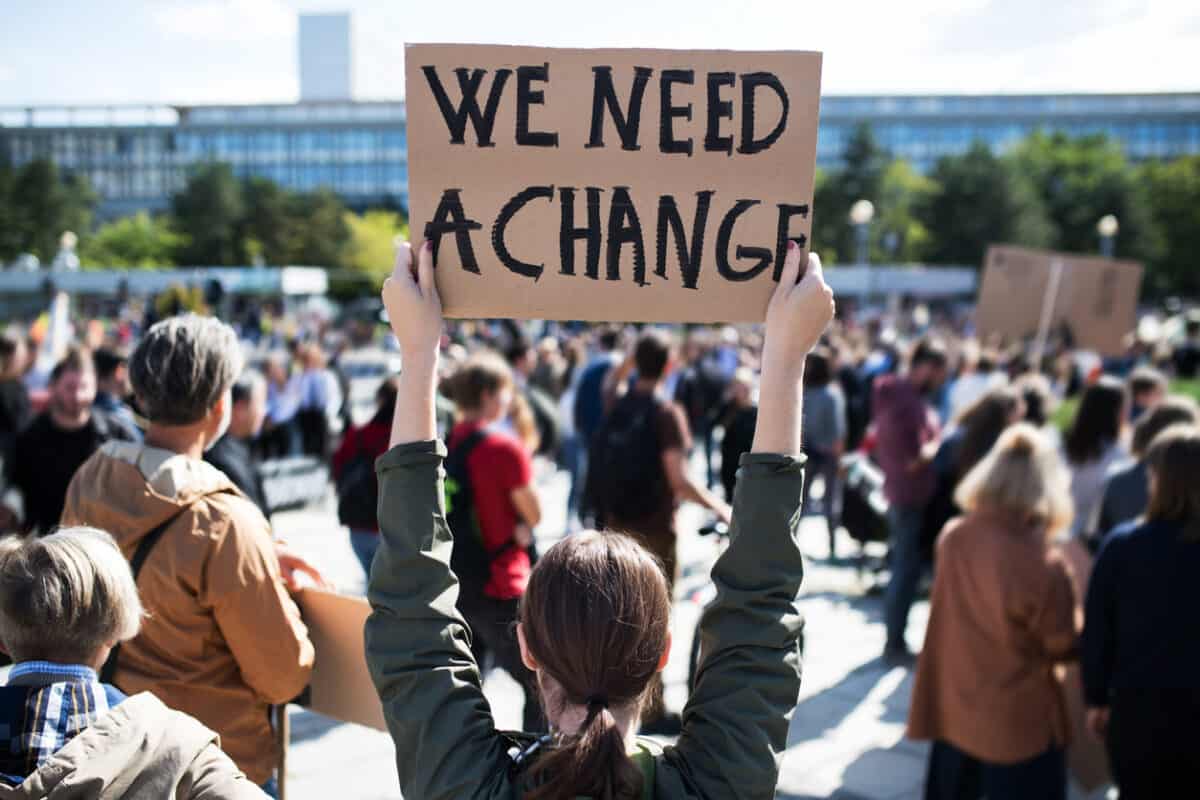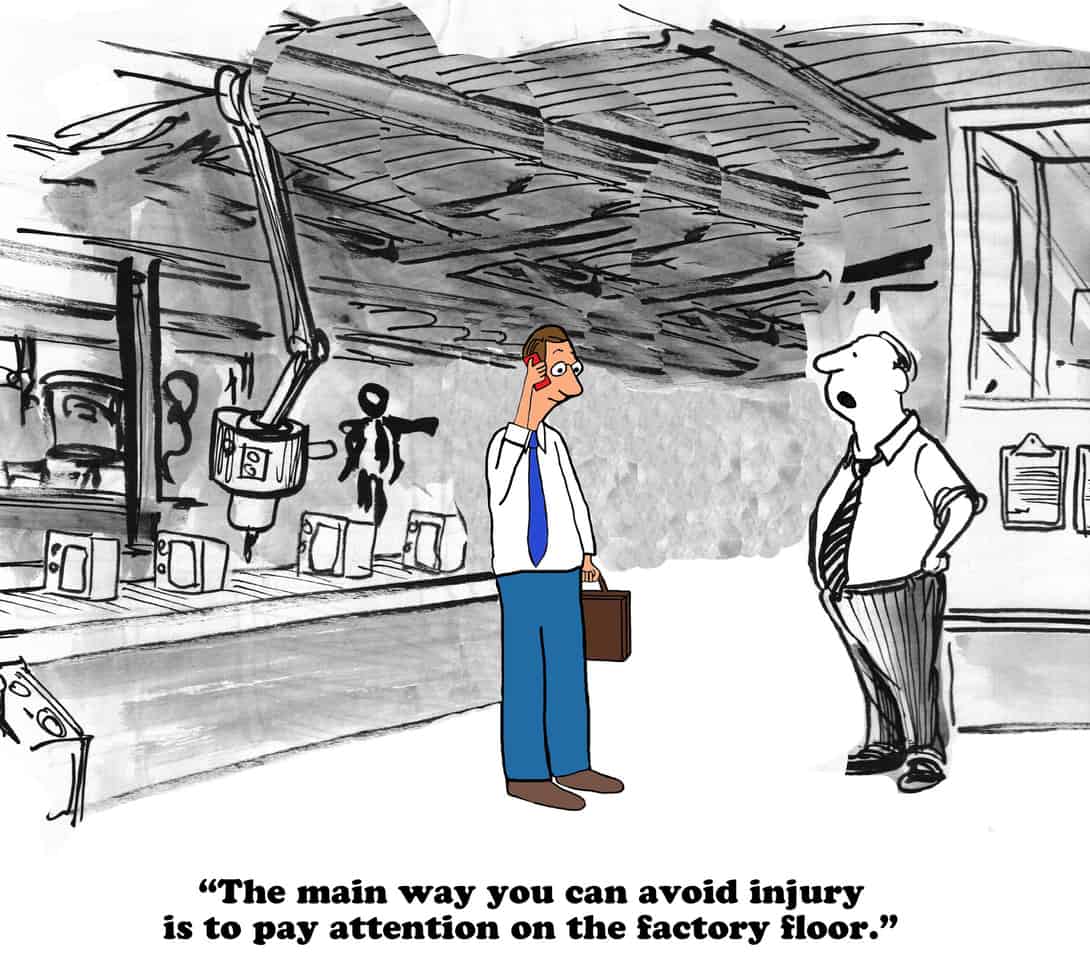South Australia is the latest Australian jurisdiction to introduce Industrial Manslaughter penalties. The magnitude of the potential penalties is reasonable, given that they come from an employer’s reckless conduct that leads to a fatality. However, many of the deterrent and preventive impacts expected by politicians and advocates have not been proven.
The Australian Broadcasting Corporation has an excellent article on the South Australian action.

